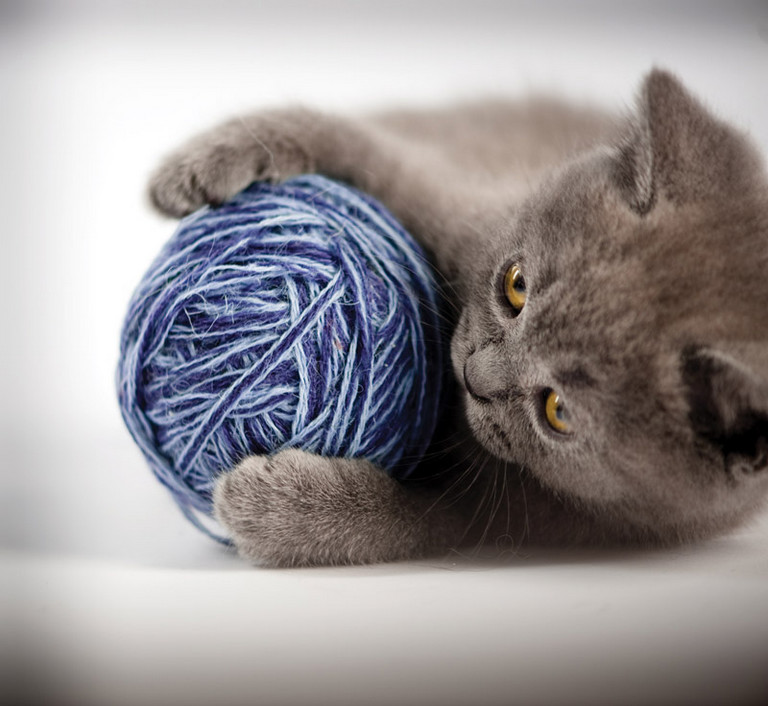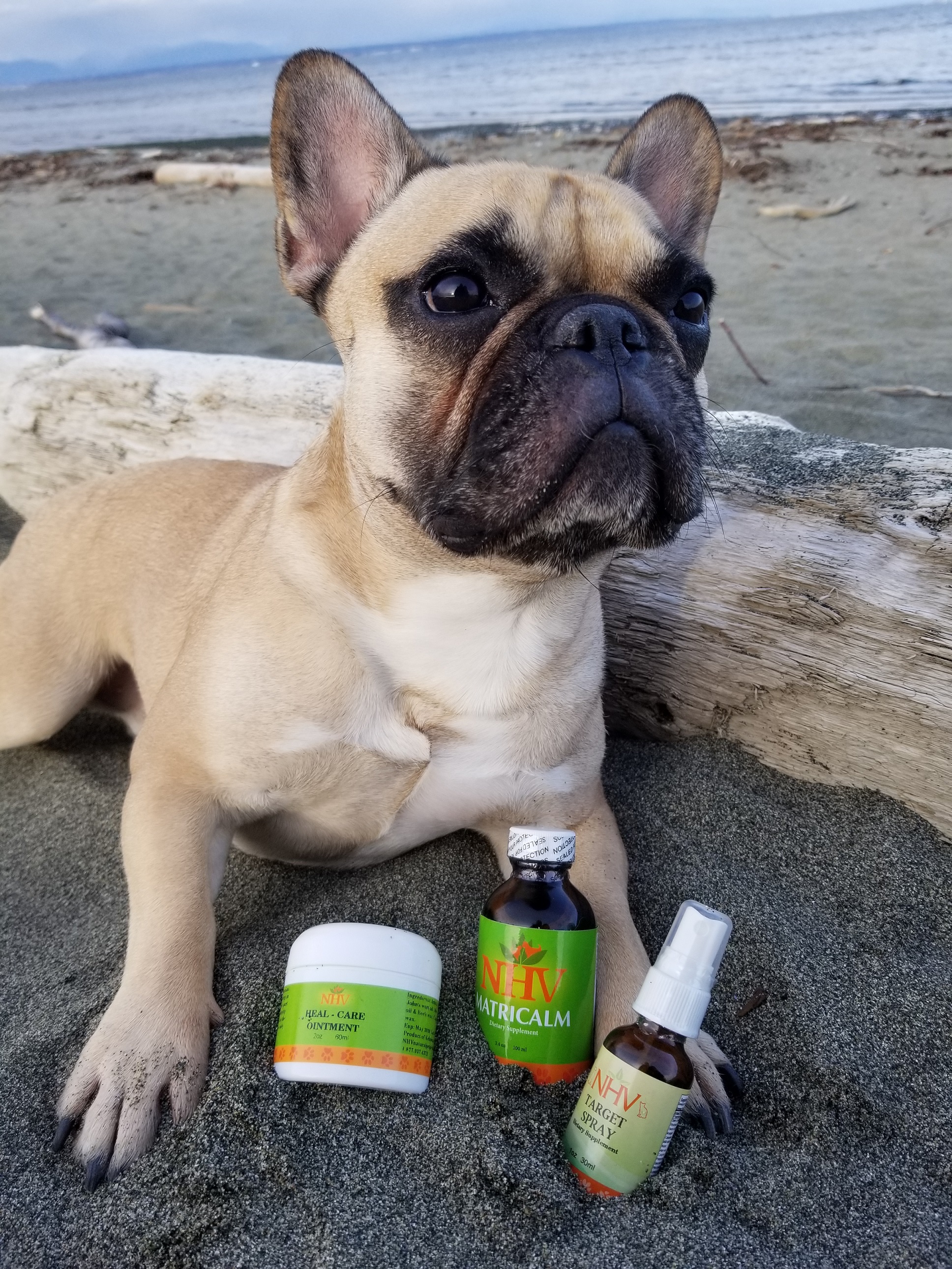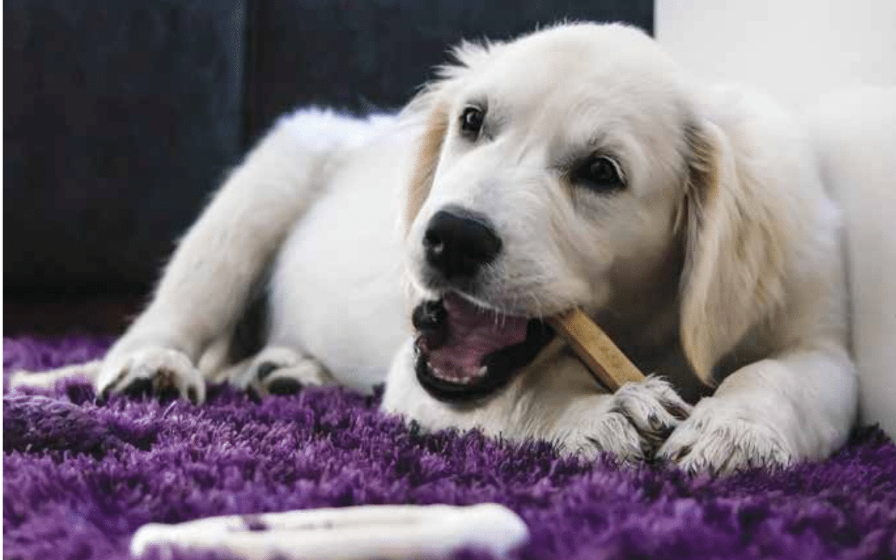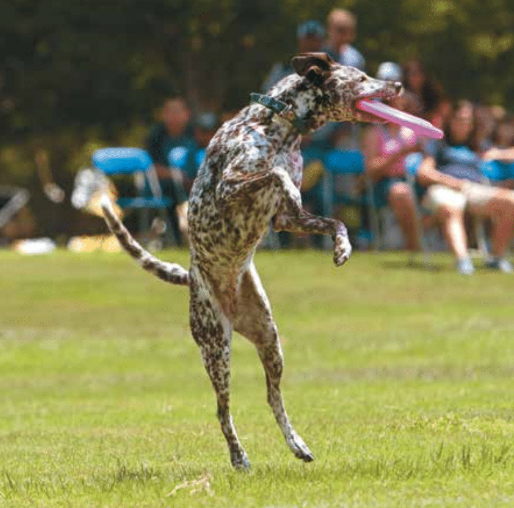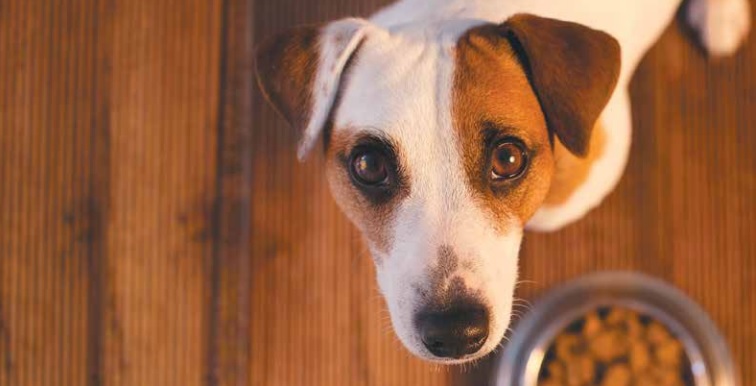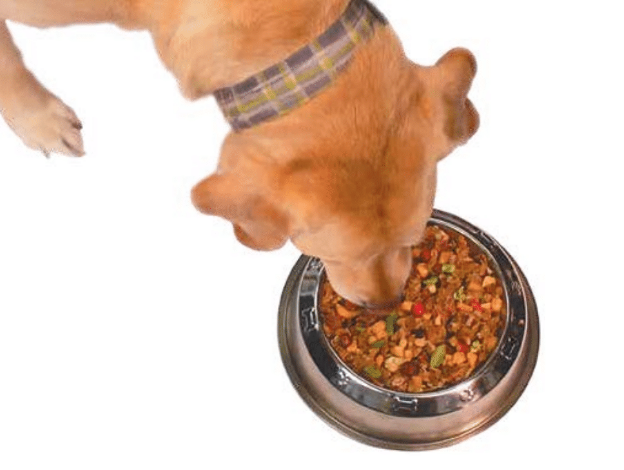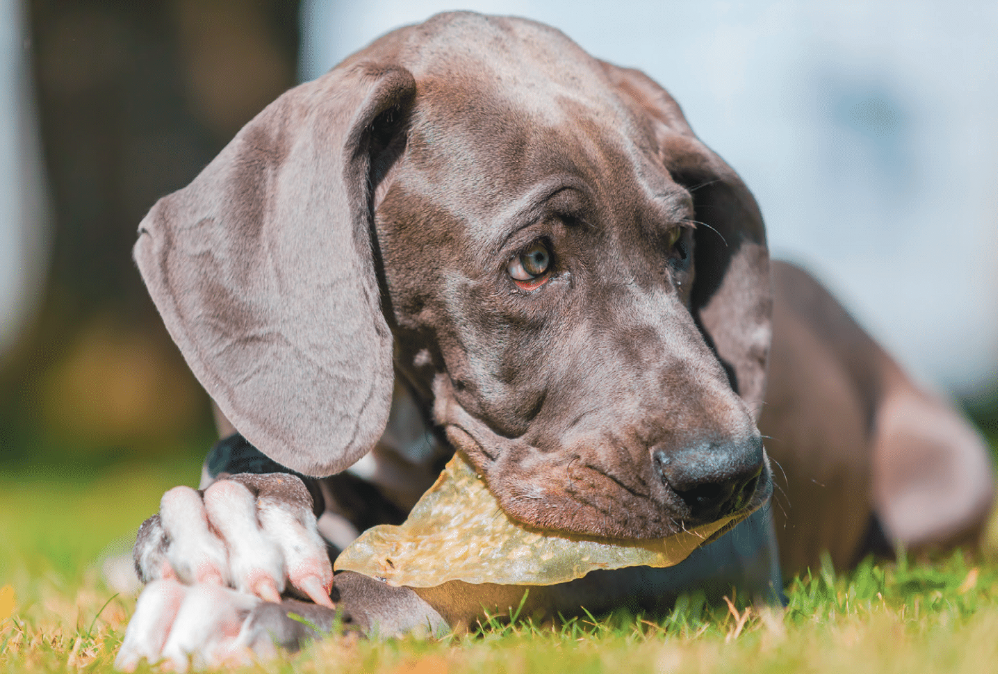Natural Pet Toys Fueled by Consumer Interest
Stacy Mantle //October 1, 2014//
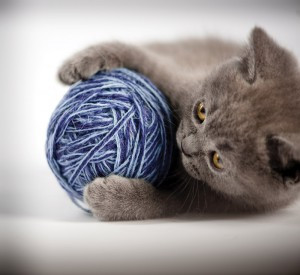 The pet industry is constantly redefining itself, and as consumers become more earth-conscious, they are seeking out healthier products for their pets.
The pet industry is constantly redefining itself, and as consumers become more earth-conscious, they are seeking out healthier products for their pets.
Companies have responded with not only toys that are natural but also environmentally responsible business practices that result in happier owners and healthier pets.
There are many things to consider when purchasing a natural toy, and consumers rely heavily on the companies to promote the benefits of these products.
“Retailers have the opportunity to educate consumers about which products and brands support the environment,” said Eric Abbey, president of Loving Pets. “We hope that retailers will consider creating an end cap specifically for earth-friendly products and highlight brands making a difference.”
It’s important for consumers and retailers to perform their own due diligence when it comes to selecting pet toys, said Leslie May, founder of Raise A Green Dog and Pawsible Marketing.
“Contact the manufacturer to see if their chosen toy has been tested for dangerous chemicals to be certain that the toy they are seeking to purchase or carrying in their store is safe and healthy for pets,” May said.
The use of sustainable materials for manufacturing is increasing in popularity. Whether it’s coconut husks for bird toys, hemp for dog toys, or naturally bacteria-resistant bamboo for cat toys, retailers should remain updated on the benefits of such materials and be able to inform customers about their many choices.
Organic products are those that avoid synthetic chemical inputs such as fertilizer, pesticides, antibiotics and additives. No irradiation or inorganic processing is used during the manufacturing process. Manufacturers of organic products are subject to periodic on-site inspections at their facilities making the organic seal of approval expensive and time-consuming to obtain.
From bamboo to sea grass, corporations are coming up with innovative uses for materials that are safe and practical for pets.
Hemp
Hemp is the new darling of the pet industry. Naturally durable, anti-bacterial, anti-microbial, mildew-free and nearly twice as strong as cotton, hemp makes an excellent choice for creating durable pet toys.
Organic hemp is 100-percent biodegradable, meaning the remains of any shredded hemp toys actually replenish the soil.
In addition to utilizing organic cotton and hemp from local sources for their toys, West Paw Design has developed a new technology called IntelliLoft to give their toys a resilient fluff. Like everything else they manufacture, IntelliLoft comes from an eco-friendly source – recycled bottles. This technology has helped divert over 8.2 million tons of plastic from landfills.
The earthdog brand is another fan favorite as their 100-percent eco-friendly stuffed toys consist of a hemp canvas shell and are stuffed with recycled poly-cotton, making them a durable chew toy for pets.
“We’ve been selling hemp toys since 1996,” said David Colella, founder of earthdog, “Hemp is a great choice for toys because it is more durable, and while it’s not indestructible, it is far more durable than other natural choices. Along with the usual conservation efforts (using compact fluorescent light bulbs, recycling, etc) we have offset our carbon emissions for the year by purchasing a business terrapass that reduces carbon dioxide emissions by funding clean energy and efficiency projects.”
From strong chews for dogs to organic catnip for cats, From the Field focuses on the highest quality, natural, made in the USA products.
“We choose to use hemp to make our products due to its strong and durable nature,” said Pascal Bedard, owner of From The Field. “Hemp fiber is a renewable, earth-friendly replacement for paper, cotton, and other synthetic building material. Hemp seed oil is a cost-effective food and clean energy source. We believe in creating products that are biodegradable, pet safe and pet friendly.”
“Our new Fetchin’ Stick dog toys come in three sizes,” said Mary Wolff, founder of Honest Pet. “Inside each Fetchin’ Stick is a core of hemp rope surrounded by compressed wool, which allows the toy to float. Each toy is screen-printed with nontoxic, lead-free, water-based, eco-friendly ink.”
In addition to their popular line of all-natural, organic toys for pets, Honest Pet provides economic and emotional support to people with cognitive and developmental disabilities who make their hemp toys. Their wool cat toys are handmade in Mongolia by women of impoverished, nomadic herding families living without many basic needs. Through the Snow Leopard Trust’s Fair Trade cooperative, these families earn a living with their traditional wool-working skills. In exchange, herders agree to protect the endangered snow leopards that share their homeland.
SimplyFido’s eco-friendly products are tested for all ages and meet the highest product safety standards. All of their products are colored with low-impact dyes, also known as “fiber-reactive dyes”. This dye process uses less water and generates much less waste and contamination.
Low-impact dyes do not contain toxic chemicals and they require low temperatures during productions, which saves energy needed to heat the dyes.
Mountain Cat Trees have created a new natural wand cat toy made from hardwood dowels and hemp twine that has been dyed with food-grade coloring.
“Natural materials are best,” said Rebecca Mountain, owner of Mountain Cat Trees. “Products made with chemicals can be ingested when cats play or groom, so it’s best to stay with natural materials. Cats tend to prefer sisal and natural wood because of their earthy smell and appealing texture.”
Cotton
Organic cotton is increasingly popular in the pet industry due to its durability and its lack of exposure to pesticides and insecticides. Since cotton is not considered a food, the 12 million acres of inorganic cotton grown in the U.S.A. each year can often be saturated with pesticides and insecticides.
To earn a certified organic cotton label, a crop must meet organic standards and the soil in the fields must be pesticide free for at least three years. The gins which mill the fiber must also be completely cleared of conventional cotton residue before the organic cotton is processed.
“Pet parents are increasingly concerned with the potentially harmful chemicals their pets are being exposed to,” said Aimee Diskin, director of innovation and product development at Worldwise, Inc. “We use natural materials like cotton canvas fabrics and organic catnip in our Kathy Ireland Loved Ones collection to address these concerns because they’re better for pets, their families and the environment.”
If a retailer is new to the concept of natural and organic toys or foods, the Pet Industry Sustainability Council has created a web-based toolkit designed to support sustainability projects.
No matter which natural materials are selected for manufacturing, pet owners are seeing the importance of natural toys and are willing to pay the difference to ensure their pets are not being exposed to toxic chemicals.
